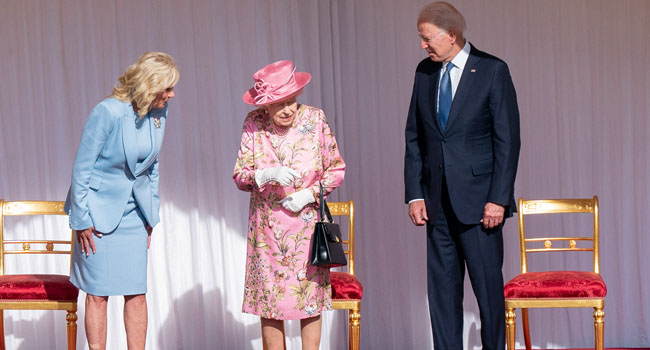Jordan announced on Sunday that it plans to build a Red Sea desalination plant that will be operational within five years, providing critical drinking water to the mostly desert and drought-stricken kingdom.
The project’s cost is estimated to be “around $1 billion,” according to Omar Salameh, spokesman for Jordan’s Ministry of Water and Irrigation, who added that the plant would be built in the Gulf of Aqaba in southern Jordan.
The plant is expected to produce 250-300 million cubic meters of potable water per year and will be ready for operation in 2025 or 2026, according to Salameh.
“It will cover Jordan’s drinking water needs for the next two centuries,” he said, adding that desalinated water would be piped from Aqaba on the Red Sea to the rest of the country.
Jordan is one of the world’s most water-scarce countries, according to experts, and the country, which has a population of ten million people, is currently experiencing one of the worst droughts in its history.
Thirteen international consortiums have put in bids, and the government will chose five of them by July, Salameh said.
Desalinating water is a major drain of energy, and the companies must suggest how to run the plant in Jordan, which does not have major oil reserves.
Last month Salameh told AFP that Jordan needs about 1.3 billion cubic metres of water per year.
But the quantities available are around 850 to 900 million cubic metres, with the shortfall “due to low rainfall, global warming, population growth and successive refugee inflows”, he said.
This year, the reserves of key drinking water dams have reached critical levels, many now a third of their normal capacity.


